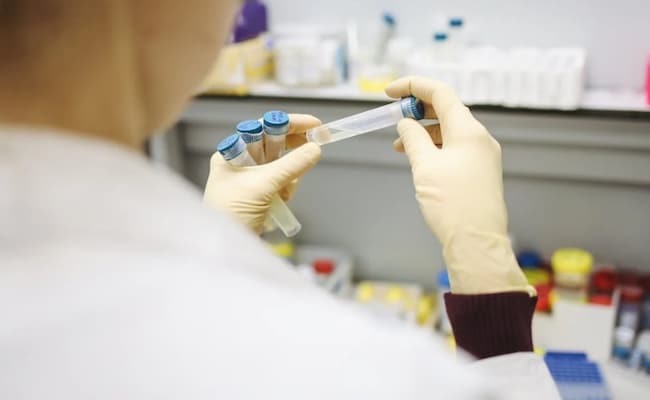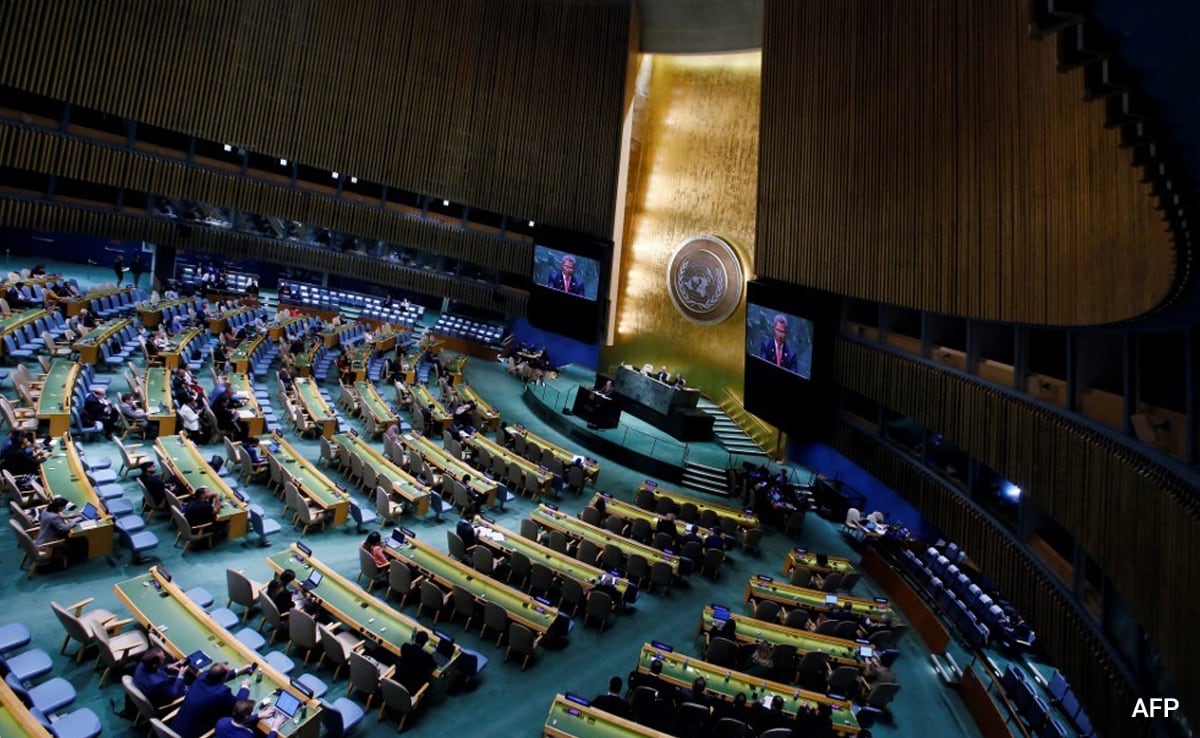The nanovaccine was first tested on mice, which demonstrated promising results.
Wuhan Institute of Virology in China, which has conducted extensive research on bat coronaviruses, has faced controversy and scrutiny from various countries, including the US, regarding allegations of a lab leak contributing to the COVID-19 pandemic. Now, scientists at the institute have developed a new nanovaccine that shows promise in providing universal protection against all major Covid-19 variants and potential future coronavirus mutations, South China Morning Post reported.
According to the research team, current vaccines have played a crucial role in preventing the spread of Sars-CoV-2 and reducing mortality rates. However, they believe that existing vaccines lack universal protection against all variants of the virus. So, they developed a universal COVID-19 vaccine by combining coronavirus epitopes (specific parts of antigens that trigger an immune response) with the blood protein ferritin. This combination creates an intranasal nanoparticle vaccine that shows promise in protecting multiple variants of Sars-CoV-2, including Delta, Omicron, and WIV04.
The WIV04 strain refers to an early variant of Sars-CoV-2 that was initially detected in Wuhan, the central Chinese city where the Covid-19 pandemic first emerged.
”The ongoing and future pandemics caused by Sars-CoV-2 variants and mutations underscore the need for effective vaccines that provide broad-spectrum protection,” the researchers wrote in a paper published in the peer-reviewed journal ACS Nano in June.
”Our constructed nanovaccine targeting the conserved epitopes of the pre-existing neutralising antibodies can serve as a promising candidate for a universal Sars-CoV-2 vaccine,” the paper added.
While the global risk level of COVID-19 has significantly decreased, researchers warn that the virus’s ongoing mutation will continue to generate new variants, some of which may possess increased transmissibility and potentially trigger future outbreaks or even another global pandemic.
That’s why the team believes that nanovaccines offer an “excellent vaccine platform” and have long-lasting immune responses.
The nanovaccine was first tested on mice, which demonstrated promising results. Mice receiving the nanovaccine, followed by two booster shots within 42 days, showed significantly higher levels of Immunoglobulin G (IgG) antibodies compared to control groups. When vaccinated mice were exposed to various coronavirus variants, including Omicron and Delta, they exhibited enhanced resistance to virus-induced lung symptoms, showcasing the vaccine’s protective efficacy against different strains.
The nanoparticle vaccine “has the potential protective capability as a broad spectrum vaccine against various [coronaviruses]”, the team wrote.
Waiting for response to load…















